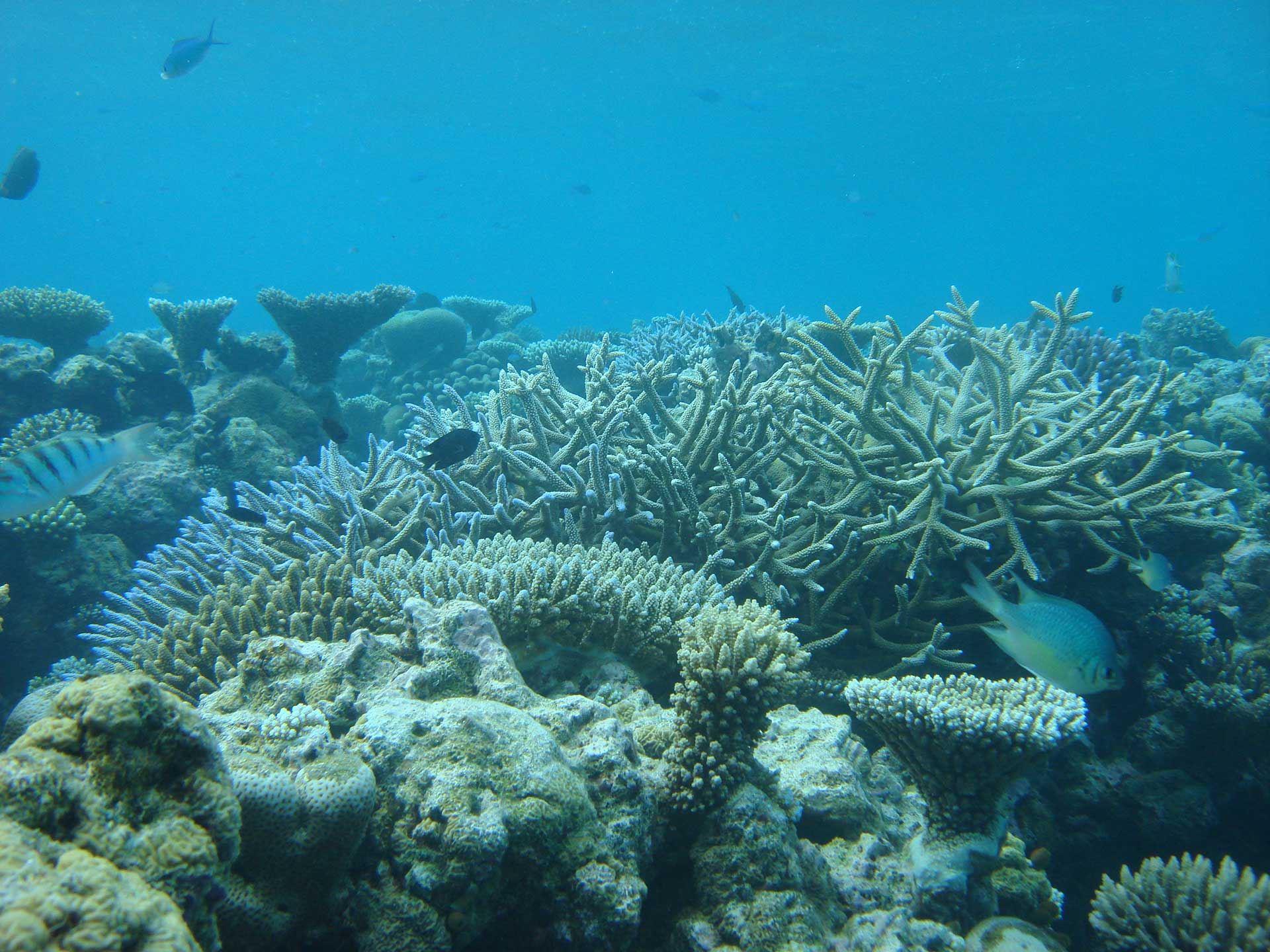We study reef-building corals, and other calcifying marine invertebrate responses to local environmental stress and global change. Using multi scale approaches we aim at providing new insights into the mechanisms corals might use to acclimate under a changing environment. We believe that natural analogues to future conditions, such as CO2 vents, mangroves and similar extreme environments are pivotal to confirm responses and mechanisms observed in the lab.

